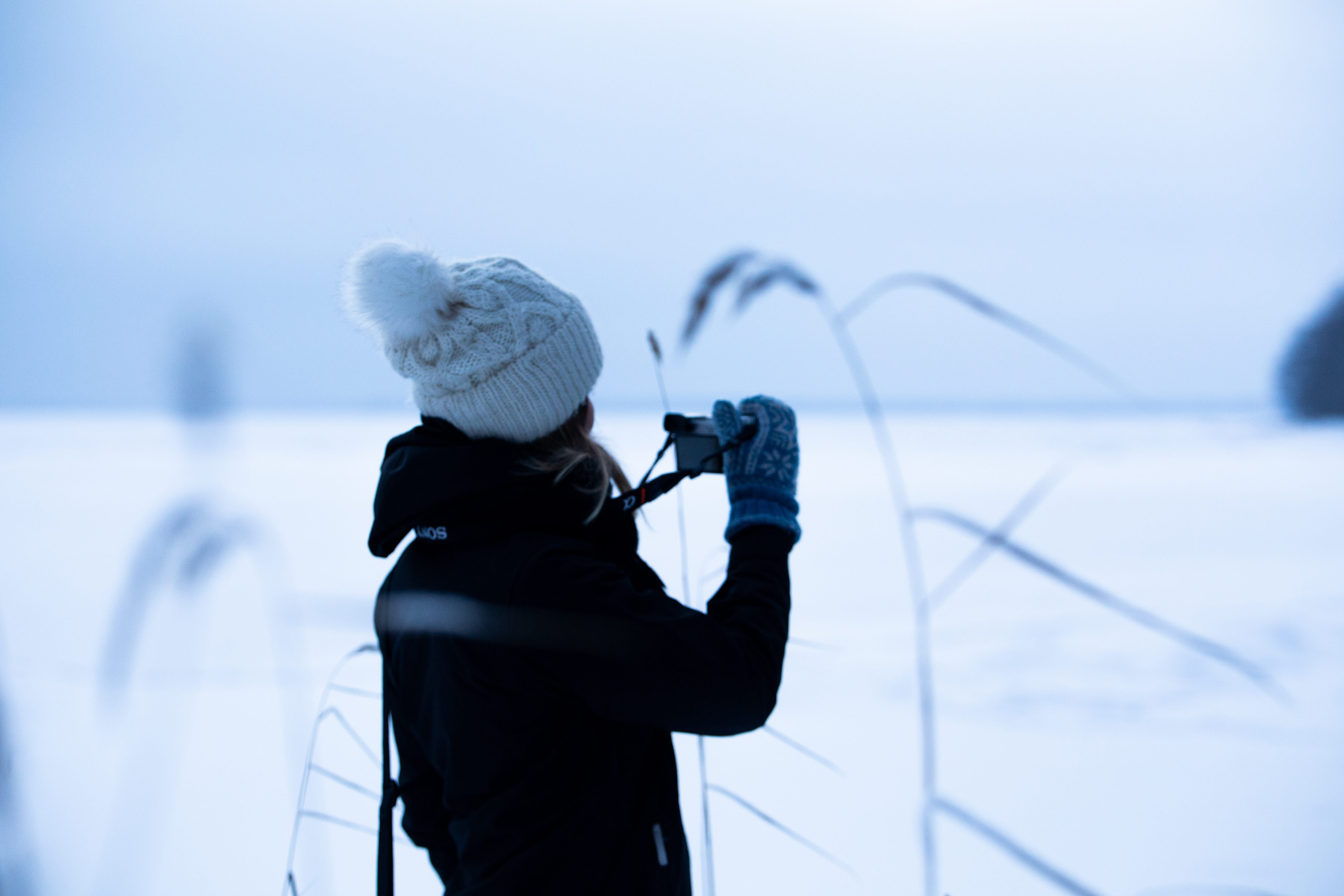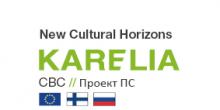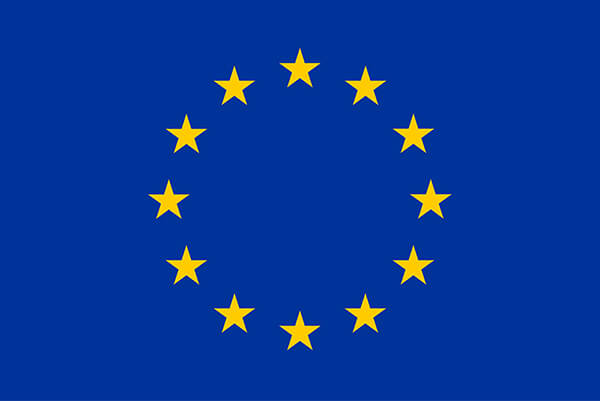Research on hobbies in the field of culture and art for children with special needs

The University of Eastern Finland is investigating the opportunities for young people in need of support to participate in art and cultural activities. The aim is to remove obstacles of hobbies, for example by training instructors. The same work is done in Russian Karelia.
A study has been launched at the University of Eastern Finland to map the hobbies in the field of culture and art of young people aged 12–19 who need support. The aim of the study is to find out what kinfd of hobbies the youth in North Karelia have, what they would enjoy to do and what is needed for attending the hobbies.
- The topic is also on the agenda of the Finnish government, project researcher Satu Piispa-Hakala says.
The aim of the government is to guarantee a pleasant hobby for every Finnish child. Free leisure opportunities are to be promoted, especially in connection with the school day.
Piispa-Hakala has started the study by reading a lot of statistical data and reports on previous work in this field. - I also interviewed the experts who have developed inclusive practices for children or young people with support needs.
In order to develop the activity, it is important to take into account what the young people of North Karelia, their parents and teachers of art and culture themselves feel they need to enable participation. A questionnaire on hobbies and development needs has now been opened for these groups. Responses are sought from young people in need of support, their parents, and arts and culture mentors and teachers.
From research to action - in Finland and Russia
The study was conducted in Russian Karelia in the spring, as it is being carried out as part of the New Cultural Horizons project funded by the European Union, Finland and Russia.
- Cross-border cooperation opens up interesting perspectives. On the Russian side, for example, they have a long experience of arts and culture education that is included to the school day, and it is interesting what kind of experiences they have and what we could use from their experiences in this regard, says Piispa-Hakala.
In order to make the best practices found in the research available to everyday use, training for instructors of hobbies in the field of art and culture will be launched in Joensuu by the end of 2020. The training also offers flexible remote participation opportunities to enable participation from all over North Karelia. 20 participants will be selected for the training. Similar training is also provided in Petrozavodsk.
- On the Russian side, it has also been noticed that cultural activities can be an important resource for young people in need of support. However, hobby instructors may not have sufficient pedagogical or other skills to take into account the children's special education needs in teaching. As the problem is common, it makes sense to look for common solutions, says Sonja Kortelainen, the project manager in Finland.
In addition to training, research is also used to design participatory pilots in the field of arts and culture. - In practice, this can mean, for example, starting new hobby groups, or experiments with which support means a young person with special needs could participate in an existing art or cultural hobby group, Kortelainen explains.
The next step is to find schools and other organizations to pilot the found good practices. It is hoped that the pilot groups will be implemented during spring 2021.
- The key factor is the active participation of children. This means that children are involved, for example, in planning group activities. Even when they have support needs, Piispa-Hakala sums up.
Survey on arts and cultural activities for young people and parents: https://webropol.com/s/nch
Questionnaire for artistic and cultural hobbyists: https://webropol.com/s/nchopeoh





